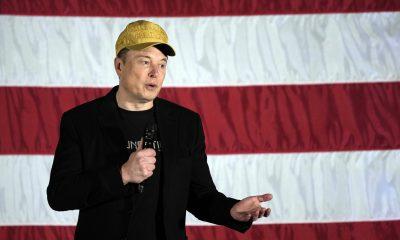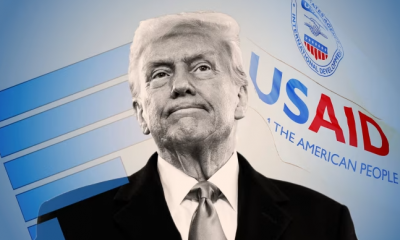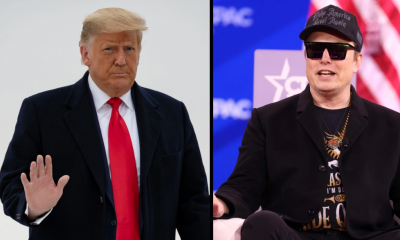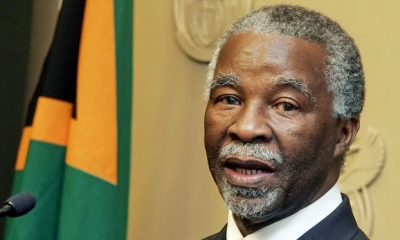411
Trump’s AI-Generated ‘New Gaza’ Video Sparks Controversy Over Ethics and Political Manipulation

US President Donald Trump has caused outrage after posting an AI-generated video titled “The New Gaza” on Truth Social. The controversial clip, which presents a vision of a transformed Gaza, has drawn widespread criticism for its insensitivity and political implications.
The video, dubbed “Trump Gaza,” features upbeat music with lyrics like, “Trump is coming to set you free, bringing the light for you to see. No more tunnels, no more fear, Trump Gaza is finally here.” The footage portrays a futuristic version of Gaza, complete with palm-lined streets, high-rise buildings, and luxury cars. It also includes depictions of prominent figures like Elon Musk and Israeli Prime Minister Benjamin Netanyahu, along with a golden statue of Trump himself and several Trump-branded hotels.
Despite the ongoing hardship faced by Palestinians in Gaza, who continue to rebuild their lives after a series of devastating attacks, the video suggests that the region needs to undergo a radical transformation. This portrayal of Gaza, with its lavish imagery, raises serious questions about the ethical use of AI in political discourse.
AI’s Growing Role in Politics and Propaganda
The use of AI-generated content in politics is not entirely new. AI-powered videos, such as deepfakes, have already been used in campaigns to impersonate political leaders like former US President Joe Biden, India’s Prime Minister Narendra Modi, and former UK Prime Minister Rishi Sunak. However, Trump’s video takes this technology to new heights, blurring the line between satire, propaganda, and policy messaging.
There are growing concerns about the potential dangers of AI in the political space. With AI’s ability to create persuasive and realistic content, it is becoming increasingly difficult to distinguish between genuine political messaging and fabricated content. Is the “New Gaza” video simply a misguided joke, or does it represent a deeper, more troubling political vision?
The Ethical and Security Risks of AI in Politics
AI-generated propaganda poses significant risks, particularly when used for mass manipulation and the spread of disinformation. The rise of AI-powered tools has made it easier to create and distribute false narratives at a speed that far outpaces traditional fact-checking methods.
The World Economic Forum’s 2024 Global Risk Report identified AI-driven disinformation as a top threat, linking it to societal unrest and heightened geopolitical tensions. As misinformation spreads faster than ever, the public’s trust in reliable news sources begins to erode, making it increasingly difficult to discern fact from fiction.
Election Interference and Trust Erosion
AI’s potential for political interference is alarming, as it could be used to manipulate public opinion and sway elections. Deepfakes, for example, could fabricate political speeches or influence voters’ perceptions of candidates, undermining democratic processes.
The rise of AI in warfare also raises ethical concerns. Human Rights Watch has reported that the Israeli military uses AI-driven surveillance technologies to inform military decisions in Gaza, relying on data that could violate international human rights law.
With AI becoming an increasingly powerful tool in both politics and warfare, its potential for abuse is undeniable. As the “New Gaza” video highlights, the use of AI in political messaging must be scrutinized carefully to prevent its exploitation for propaganda and manipulation.
Follow Joburg ETC on Facebook, Twitter , TikTok and Instagram
For more News in Johannesburg, visit joburgetc.com



























